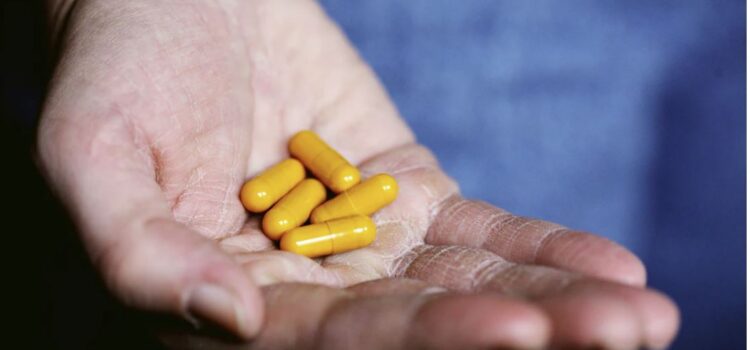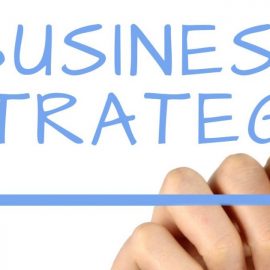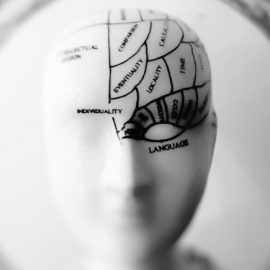

This article is an excerpt from the Shortform book guide to "Predictably Irrational" by Dan Ariely. Shortform has the world's best summaries and analyses of books you should be reading.
Like this article? Sign up for a free trial here .
What are the two mechanisms of placebo effect psychology? Is pricing a medication higher to trigger the placebo effect unethical? How can you think against the placebo effect?
The psychology of the placebo effect relies on two mechanisms: faith and conditioning. If you have faith in something, then it’s more likely to work better. However, this raises ethical questions when it comes to marketing medications.
Continue on for more about the psychology of the placebo effect.
Psychology of the Placebo Effect
The placebo effect is one well-known way that our expectations can drastically alter the outcome of an experience. Placebo effect psychology operates on two mechanisms: faith and conditioning.
- Faith: If you have faith in the drug or the procedure, it’s more likely to make you feel better. Additionally, if you believe that your doctor is giving you the correct amount of attention and care, it boosts your confidence in their work and you believe that their care is working.
- Conditioning: Your body naturally releases chemicals in expectation of what’s to come. If you have confidence in a treatment or a caregiver, you’ll expect to feel better—prompting your body to produce chemicals that do, in fact, make you feel better. Imagine you have a very painful injury, and you see someone approaching with morphine. Expecting relief, your body will start releasing opiates and endorphins before the needle even touches your skin.
How Price Exacerbates the Placebo Effect
The placebo effect is more nuanced than the simple belief that you are receiving medicine—as it turns out, placebo effect psychology can be strengthened further by attaching higher prices to medications and procedures.
Experiment: The Painkiller Trial
In an experiment, patients were asked to test the effectiveness of a new painkiller. The patients read a brochure about the painkiller and then rated their pain levels as they underwent a series of electric shocks. Then, they were given the “painkiller” (a vitamin C tablet) and once again asked to rate their pain levels in response to a series of electric shocks.
- In the first session of the experiment, the painkiller was listed in the brochure at $2.50 per dose. Almost all the patients reported lower levels of pain once they’d taken the painkiller.
- In a second session of the experiment with different patients, the painkiller was listed at 10 cents per dose—and only half of the patients reported lower levels of pain in response to the shocks.
The higher the price of the medication, the more effective patients assumed it would be—making the placebo effect stronger.
The Placebo Effect Everywhere
This relationship between price and the strength of the placebo effect isn’t limited to experiences in healthcare—you can see it at work in a range of products. Many products are marketed with the promise that they’ll enhance your athletic performance, improve your concentration, or fight fatigue. As it turns out, these products often do what they say they will, simply because clients believe they will—and the higher the price of the product, the stronger this effect becomes.
In an experiment, students were offered drinks that suggested they would be “better performing.” One group of students bought the drink at its regular price, and another group bought it at a 30% discount. After a short athletic exercise, both groups were asked if the drink helped them feel less fatigued. Those who purchased the higher-priced drink reported a lower level of fatigue than those who purchased the discounted drink. As expected, the relationship between price and placebo effect altered their subjective experience with the drink.
However, in a second part of the experiment, students were asked to perform a short anagram-unscrambling exercise after consuming the performance-enhancing drink. The results revealed that those students who bought the drink at full price scored higher on the exercise than those who bought the discounted drink.
These results suggest that by attaching higher prices to their products, companies can not only alter how well we think they’re working, but how well they actually do work.
Questions Raised Placebo Effect Psychology
The influence of expectations on outcome raises a number of important questions about honesty in healthcare and marketing. Our practices are based largely on information about how people should act, but we should be more focused on learning how people do act.
Prescriptions
Because placebos have been proven to deliver their intended result, should doctors knowingly prescribe them? This puts doctors in a difficult situation—they want to help their patients, but they can’t be expected to lie to their patients. But, if they were to tell their patients the treatment is a placebo, the positive effects would diminish or disappear.
Healthcare Systems
Should we push the most expensive medicines and treatments, driving up healthcare costs but ensuring the most effective results? Or should we lower healthcare costs by pushing generic drugs, at the risk of treatments being less effective? It’s also important to consider that those in poorer communities must regularly resort to cheaper, and therefore less effective, medical care—how can this injustice be corrected?
Marketing
Should false marketing claims be acceptable? This question becomes a bit more difficult to grapple with when you ask yourself if promises made in marketing campaigns are really lies if they help shape our expectations and influence our experience enough to make said promises true.
Thinking Against the Placebo Effect
It’s been found that those who take a moment to think rationally about the relationship between quality and price are less likely to feel that a cheaper product is less effective. There are several ways you can practice rational thinking as a consumer.
- Read the active ingredients in brand name and generic brand medications to objectively see that they’re the same medicine.
- Read user reviews when comparing two similar, but differently priced, products.
- Rationally question yourself about why you believe a higher-priced product might work differently from its identical, lower-priced counterpart.
It’s a natural, unconscious reaction to think that low price is equivalent to low quality—putting in a moment of conscious thought goes a long way toward interrupting this irrational reaction.

———End of Preview———
Like what you just read? Read the rest of the world's best book summary and analysis of Dan Ariely's "Predictably Irrational" at Shortform .
Here's what you'll find in our full Predictably Irrational summary :
- How logic is failing you on a daily basis
- How to identify your irrational behaviors
- Why getting something for free can cause you to make bad decisions






